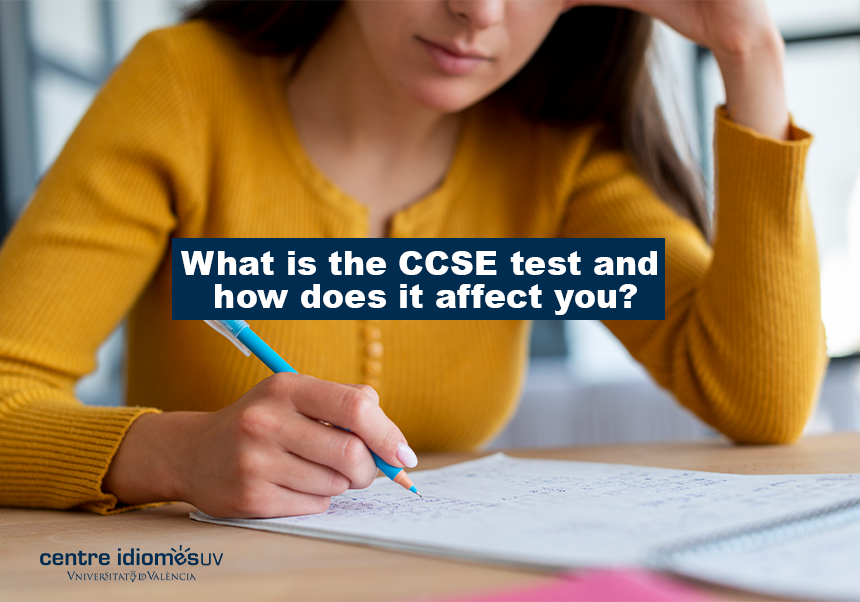
The test of constitutional and sociocultural knowledge of Spain (known as the CCSE test), developed by the Cervantes Institute, is a thorough exam that analyzes, through various activities, the understanding of the Constitution and the comprehension of the social and cultural reality in Spain. This exam is one of the legal requirements for those seeking to obtain Spanish nationality and residing in the country.
The CCSE test is a fundamental tool in the process of acquiring Spanish nationality, designed and administered by the Instituto Cervantes. This exam, established as a legal requirement, seeks to evaluate the applicant's knowledge in two key areas: constitutional and sociocultural aspects of Spain.
- First, the constitutional part of the test focuses on assessing understanding and knowledge of the legal framework governing the nation. Candidates must familiarize themselves with the Spanish Constitution of 1978, a cornerstone that defines the fundamental principles of the State and the rights and duties of citizens. Questions related to the structure of the state, separation of powers and fundamental rights are essential components of this section. In addition, applicants are expected to demonstrate their understanding of concepts such as parliamentary monarchy and the autonomy of autonomous communities.
- The second part of the test, the sociocultural, addresses broader aspects of Spanish society. Here, knowledge of geography, history, culture and traditions is tested. Applicants must be prepared to answer questions ranging from significant historical events to emblematic cultural festivities. The diversity of regions and customs in Spain makes this section varied and complex, requiring candidates to have a comprehensive knowledge of the country they wish to call home.
A crucial detail is that the CCSE test is offered in Spanish, which adds an additional level of challenge for some applicants who may not have Spanish as their native language. However, this choice of language is not arbitrary; it reflects the importance of language as an integral part of identity and integration into Spanish society.
The periodicity of this test may vary, but it is generally held several times a year in different authorized centers. Applicants must register in advance and appear at the designated location on the established date. Careful and standardized administration of the test is crucial to ensure fairness and consistency in the evaluation of applicants.
Passing the CCSE test is a legal requirement for those wishing to obtain Spanish nationality. This requirement is not just a formality; it is an effective way to ensure that those seeking Spanish citizenship understand and respect the fundamental values that underpin society. It also demonstrates the applicant's commitment to their new identity and their willingness to fully integrate into the community.
It is important to note that the CCSE test is not just about memorizing facts and dates. It seeks to assess a deep and thoughtful understanding of the principles that form the basis of Spanish society. Successful applicants will not only demonstrate superficial knowledge, but will also be able to apply this knowledge to practical situations and understand the relevance of these principles in everyday life.
Preparing for the CCSE test involves more than simply studying textbooks. It is a process that fosters immersion in Spanish culture and society. Successful applicants can draw on resources such as integration courses and educational materials provided by the Instituto Cervantes to ensure that they are fully equipped to meet the challenge.
In essence, the test of constitutional and sociocultural knowledge of Spain (CCSE test) is a fundamental step in the process of acquiring nationality for residents of Spain. Beyond being a legal requirement, it is an opportunity for applicants to demonstrate their commitment to the fundamental values and principles that define Spanish society. Passing this test is not only an academic achievement, but a significant step towards integration and identity as a Spanish citizen.















